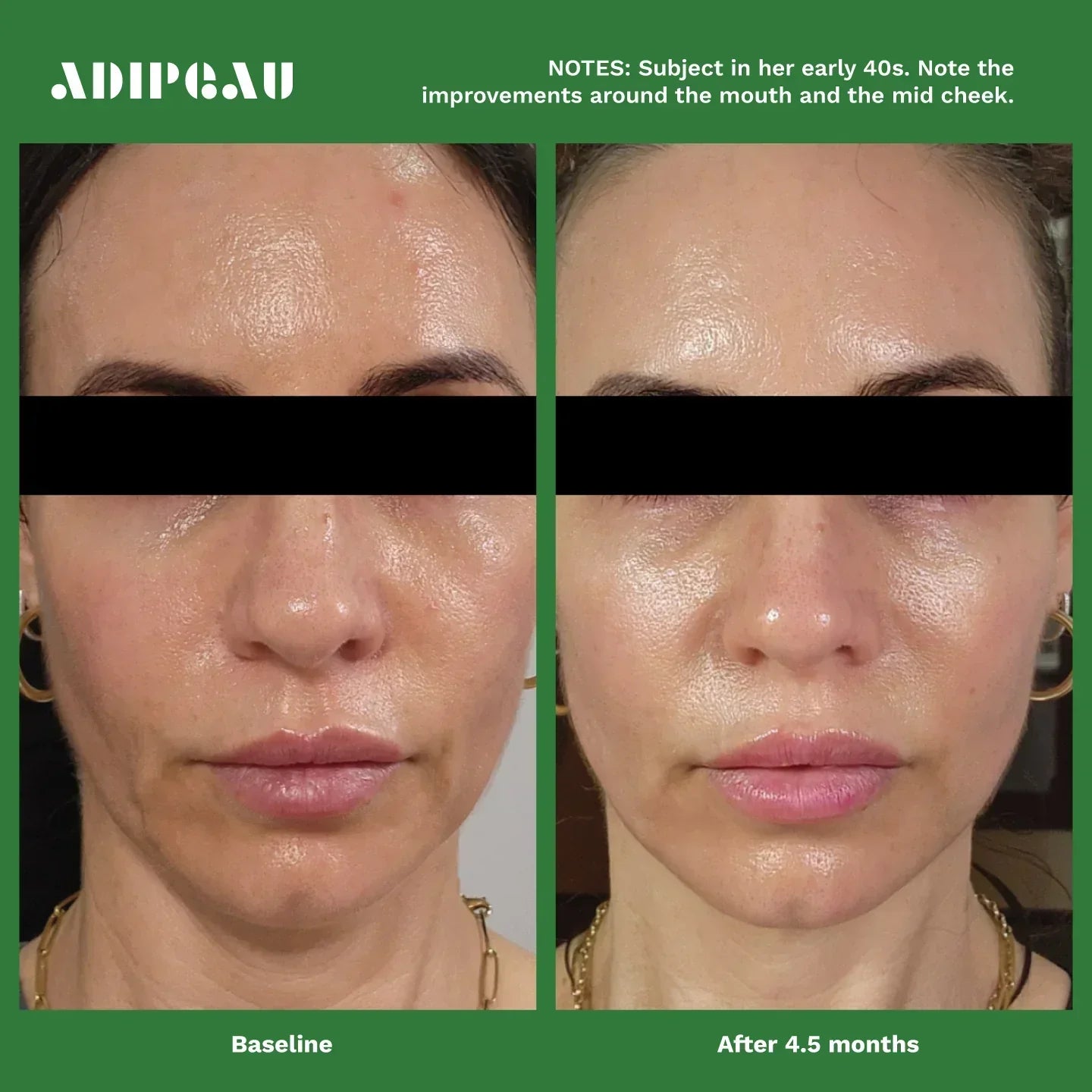Embracing Winter Glow: A Skincare Guide to Nourishing Your Skin Through the Cold Months
Winter, with its crisp air and snow-covered landscapes, brings a unique charm. However, it also ushers in a set of challenges for our skin. The combination of cold temperatures, low humidity, and biting winds can leave our skin feeling dry, dull, and in need of extra care. In this blog post, we'll explore the effects of winter on your skin and introduce key skincare ingredients that can help you maintain a healthy and radiant complexion throughout the chilly season.
Understanding the Impact of Winter on Your Skin: Winter weather can be particularly harsh on the skin due to several factors:
-
Low Humidity: Cold air holds less moisture, leading to lower humidity levels. This can result in dehydration and increased dryness in the skin.
-
Harsh Winds: Cold, gusty winds can strip the skin of its natural oils, leaving it more susceptible to dryness, redness, and irritation.
-
Indoor Heating: Artificial heating systems, while essential for warmth, contribute to the dryness of indoor air, further sapping the skin's moisture.
Key Skincare Ingredients for Winter:
-
Hyaluronic Acid:
- Why: Known for its exceptional hydrating properties, hyaluronic acid attracts and retains water in the skin, helping to maintain optimal moisture levels.
- How to Use: Look for hydrating serums or creams containing hyaluronic acid. Apply to damp skin for maximum absorption.
-
Ceramides:
- Why: Ceramides are lipid molecules that play a crucial role in maintaining the skin's barrier function. They help prevent water loss and protect the skin from environmental stressors.
- How to Use: Choose moisturizers or creams enriched with ceramides to fortify the skin barrier and combat dryness.
-
Shea Butter:
- Why: Shea butter is a rich, emollient ingredient that provides deep moisturization. It helps soothe dry and irritated skin, leaving it soft and supple.
- How to Use: Opt for body lotions or facial creams containing shea butter, especially in areas prone to extreme dryness.
-
Vitamin E:
- Why: A potent antioxidant, vitamin E helps protect the skin from free radical damage caused by exposure to harsh weather conditions.
- How to Use: Look for skincare products with vitamin E, such as facial oils or moisturizers, to nourish and defend the skin.
-
Omega-3 Fatty Acids:
- Why: Found in certain oils and fatty fish, omega-3 fatty acids contribute to skin health by promoting hydration and reducing inflammation.
- How to Use: Incorporate omega-3-rich foods into your diet and consider using skincare products with omega-3 oils.
-
Squalane:
- Why: Squalane is a lightweight, non-greasy oil that mimics the skin's natural sebum. It helps restore moisture balance without clogging pores.
- How to Use: Look for facial oils or serums containing squalane to hydrate the skin without causing breakouts.
-
Glycerin:
- Why: Glycerin is a humectant that attracts water to the skin, promoting hydration and preventing dryness.
- How to Use: Choose skincare products with glycerin as a key ingredient, such as moisturizers or hydrating toners.
As winter settles in, it's essential to adapt your skincare routine to the changing needs of your skin. By incorporating these nourishing ingredients into your daily regimen, you can combat the effects of winter and nurture a radiant, healthy complexion. Embrace the winter glow and give your skin the love and care it deserves during the colder months.



